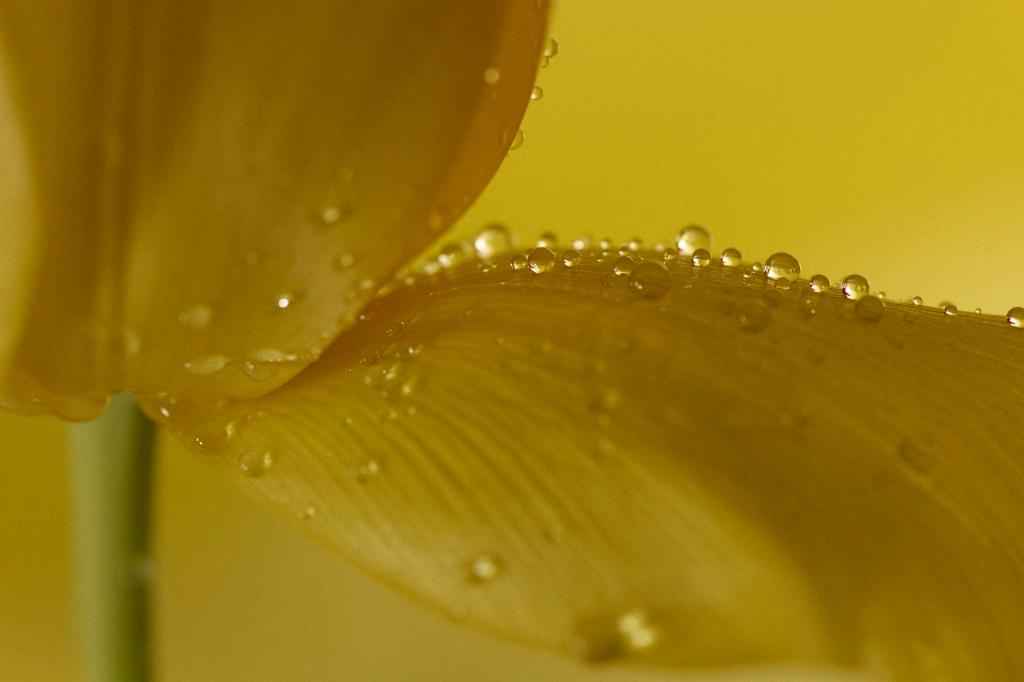When it comes to the safety of our feline friends, it’s essential to be aware of the potential dangers that certain plants may pose. Tulips, while beautiful in appearance, are actually toxic to cats. These flowers contain compounds such as alkaloids and glycosides, as well as allergenic lactones, which can be harmful if ingested by your furry companion.
It’s crucial to understand that tulips belong to the Lily family, and as many cat owners may already know, Lilies are notorious for being poisonous to cats. The toxicity of tulips extends beyond just the petals; every part of the plant, including the stem and leaves, can pose a threat to your cat’s health if consumed.
Even a small nibble on a tulip can lead to adverse effects in cats. Symptoms of tulip poisoning in cats may include gastrointestinal upset, such as vomiting and diarrhea, lethargy, lack of appetite, and potentially more severe reactions depending on the amount ingested.
It’s crucial for cat owners to be vigilant about the plants they have in their homes and gardens. If you suspect that your cat has consumed any part of a tulip plant, it’s essential to seek immediate veterinary care. Time is of the essence when it comes to treating plant toxicities in cats.
Prevention is always key when it comes to keeping your cat safe from potential dangers. Be mindful of the types of plants you have in and around your home, ensuring that they are not toxic to cats. If you’re unsure about a specific plant’s toxicity, it’s best to err on the side of caution and keep it out of reach of your curious feline.
Creating a cat-friendly environment involves more than just providing food and water. It also means being aware of any hazards that could harm your beloved pet. Educate yourself on common household plants that are toxic to cats, such as tulips, and take the necessary precautions to keep them away from your furry friend.
Regularly monitoring your cat’s behavior and keeping an eye on their surroundings can help prevent accidental ingestions of harmful substances. Cats are known for their curious nature, so it’s essential to be proactive in safeguarding their well-being.
As spring approaches and flowers like tulips begin to bloom, it’s crucial to be extra cautious if you have cats in your household. Take the time to familiarize yourself with the potential risks associated with certain plants and take steps to ensure that your cat is not exposed to any toxic substances.
Remember that the health and safety of your cat should always be a top priority. By being informed about potential risks, such as the toxicity of tulips, you can help ensure that your feline companion stays happy and healthy for years to come.
In conclusion, cats should not eat tulips or any part of the tulip plant. These flowers contain toxic compounds that can be harmful to your cat if ingested. Stay vigilant, create a safe environment for your cat, and seek immediate veterinary care if you suspect your cat has consumed a toxic plant like a tulip.

